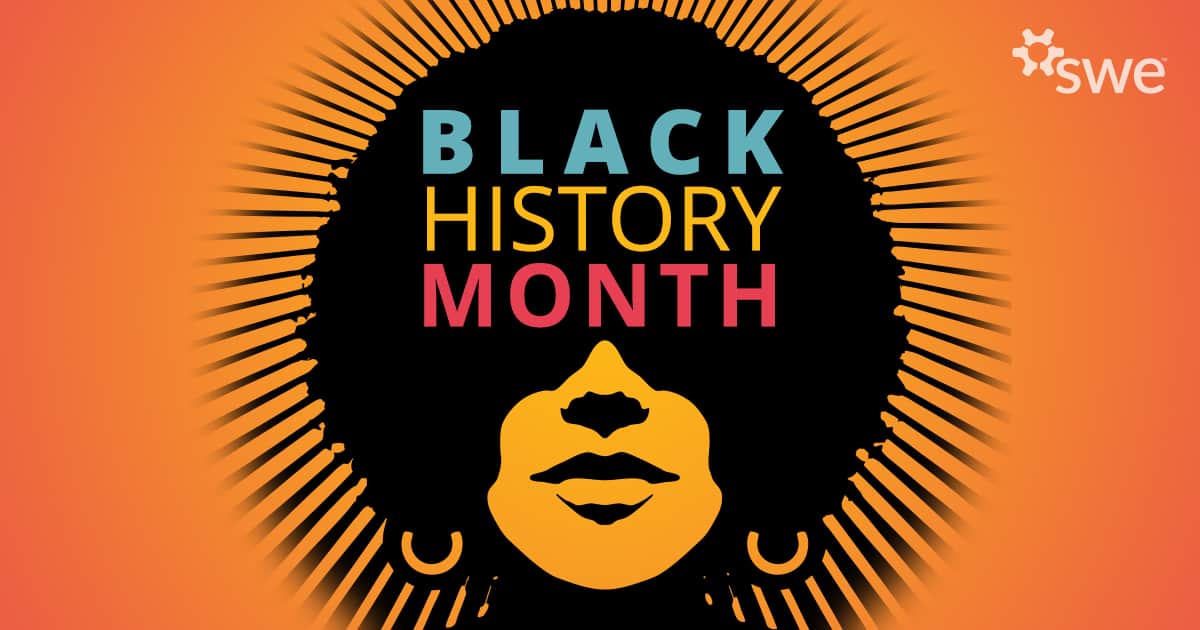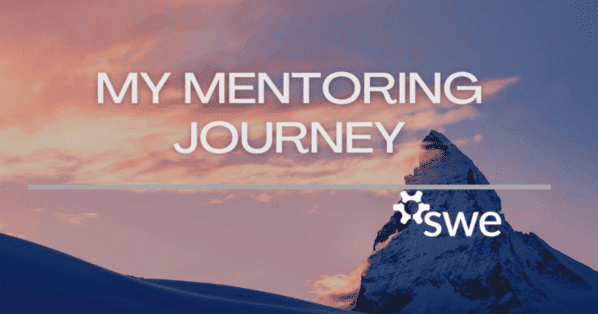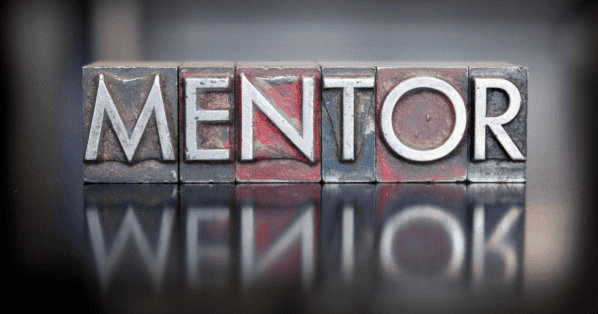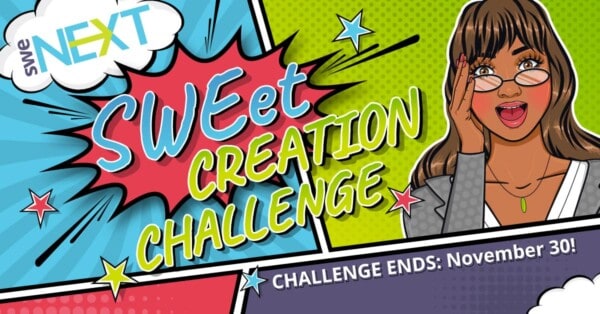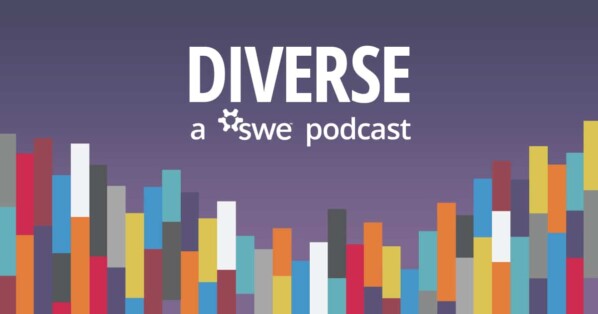In celebration of Black History Month, SWE will be highlighting African American women engineers and entrepreneurs in a series of blog posts.
Meet and learn more about three SWEsters in the African American Affinity Group: Alana M. Hill, PMP and Eric’el Johnson.
Alana M. Hill, PMP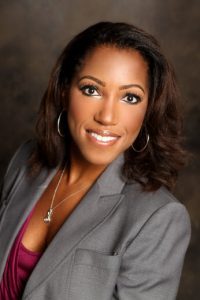
Tell us about your background: Where are you from?
I’m a native Houstonian, who attended Texas A&M University. After earning my BS in PETE, I joined Schlumberger and worked in the field in South Texas. My career then transitioned to IT, where I served as a Product Champion and led the deployment of numerous IT and functional projects for operations. I’ve always been a passionate teacher/trainer, so I joined the talent development/HR function and found the blend of my talents and passions helped me create and execute learning strategy. In 2006, I started my consultancy focused on change management and talent development. I currently speak, train, and consultant in those areas.
What attracted you to the world of engineering/STEM?
I performed well in math and science (particularly science) when I was in high school. I had no idea what an engineer was when I chose my major. I attended a pre-college program for 2 weeks at PVAMU (Prairie View A&M), and I learned more about STEM, but as a pre-med aspirant, I didn’t get to learn about engineering other than it being an option for scientists.
What does being from the African Diaspora or an ally mean to you?
As a proud Black woman, it means being deeply connected to a resilient community and leveraging that to keep building it up.
How have you navigated your career as a woman of color?
I sought out mentors early in my career and relied heavily on those and other relationships. I have, in turn, intentionally served as a mentor and advised other women of color behind me.
Have you experienced any challenges or discrimination because of your race or gender? How have you surmounted them?
Absolutely! I’ve been verbally and physically assaulted at work, passed over, over looked, and questioned. But I also knew the importance of reporting, accountability, and being part of the solution for future women. I never sought vengeance, I sought improvement so I could leave places better than I found them. Oh, and I gave incredible presentations, and an unquestionable work product. I knew my work wouldn’t speak for me, but it would speak with me.
Provide some positive experiences and successes you have accomplished working/schooling through STEM?
I was a leader in SWE and SPE (Society of Petroleum Engineers) in college. Both prepared me for corporate leadership and introduced me to other leaders on campus and in organizations. As a professional, I had the privilege of traveling the world, even to the Motherland.
What advice would you offer to girls or young women who are interested in STEM?
Take pleasure in the doors a STEM career opens in leadership. Fall in love with learning, and be sure to develop your leadership and communication skills.
Did you have any mentors or role models who helped paved the way and/or shaped your educational/professional career path?
Yes, I am so grateful to Paula McCann Harris. I met her when I was a junior in college, and she has been my mentor/sister/friend every since. I was also able to glean advice from other executive women in the company, like Stephanie Cox, Danielle Cuzin, and Valerie Parrish-Porter. All were very valuable at different points in my career and modeled leadership in unique ways.
How can we prepare for opportunities and advocate for ourselves as women of color in the workplace?
First, we must operate in excellence. This isn’t perfection, but it is establishing a solid reputation of innovation, solutions, and collaboration. That’s what engineers do! And then, we have to get comfortable making sure the right people know about it.
You are involved in ERGs, professional associations and other D&I forums in the community. Why is that important to you and why should everyone be involved in championing inclusion?
The old adage “there’s strength in numbers” definitely holds true when it comes to being an inclusion champion. It’s important to remain in a supportive environment, while also spreading the word to others outside of that space.
Eric’el Johnson
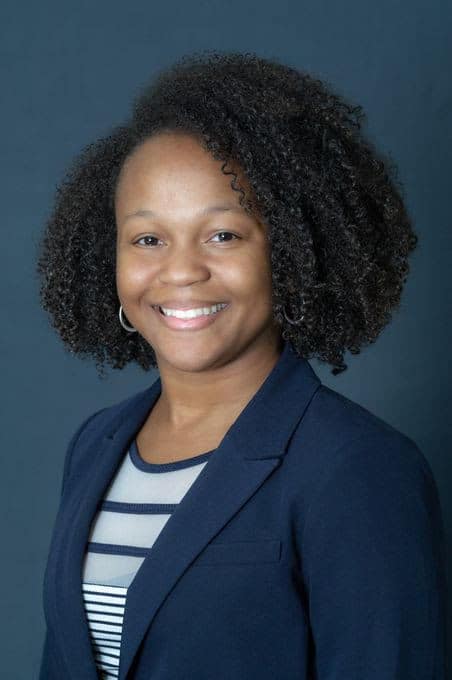
Tell us about your background: Where are you from?
Hometown/Current Residence: Alton, IL
Colleges: University of Missouri – St. Louis (BSEE) and Missouri S&T (MSEE)
Work History: I’ve worked as an electrical engineer for about 5 years at Boeing, interned 3 times with Boeing, had an Emerson Electric co-op, and served as a research assistant in the department of Radiology at Washington University in St. Louis.
Hobbies: DIY projects, spending time with family and friends, binge watching shows, and trying new things.
What attracted you to the world of engineering/STEM?
I’m the first in my family to pursue a career in a STEM field, but my grandpa heavily influenced my interest in STEM. He’s a handyman and I love watching him work and solve problems. As a kid, I wanted to solve problems like him while using my favorite subjects, math and science. My teachers noticed this and signed me up for every STEM activity they could. Also, it didn’t hurt that my cousins used to give me their old broken cell phones to tinker with.
What does being from the African Diaspora or an ally mean to you?
Allies are essential to progress. I think that being an ally means that you’re willing to speak up for your peers and not be complacent when you see unfairness. Allies don’t have to lead the charge, but they’ll have their peer’s back when confronting tough issues and continue to support them when they are not around.
How have you navigated your career as a woman of color?
As an African American woman, I make sure that I speak up for myself and am mindful of how I am perceived by others to avoid losing opportunities. I always come prepared on any topic to reduce any doubt in my capabilities.
Have you experienced any challenges or discrimination because of your race or gender? How have you surmounted them?
I have been fortunate enough not to face any significant challenges or discrimination because of my race or gender. One of the common challenges I have faced as a woman is having to prove my capabilities more than others. As an African American woman, I also have to be mindful of my approach or feedback to avoid being perceived as angry when I don’t immediately agree with something. To overcome both obstacles, I make sure that I’m always prepared with facts and data. It makes it harder to justify doubting what I say when it’s objective.
Provide some positive experiences and successes you have accomplished working/schooling through STEM?
While working in STEM, I’ve had the opportunity to start engineering mentoring programs within my company that help both NSBE and SWE employees and college students through community/campus outreach initiatives. By volunteering in local K-12 schools, I’ve supported initiatives that expose minority students to STEM and STEAM, so that they too can become engineers one day.
What advice would you offer to girls or young women who are interested in STEM?
Don’t be afraid to speak up for yourself and let people know that you like STEM. You never know who can help you find opportunities like summer camps and internships. Most of the opportunities I have were shared with me by teachers and professors who knew what I was interested in.
Did you have any mentors or role models who helped paved the way and/or shaped your educational/professional career path?
Absolutely! My mom and grandpa are my biggest role models who taught me that I could do whatever I set my mind to do. In school, my teachers and professors were always looking out for me and pushing me to try new things. At one point, I told my Dean that I was interested in doing research and he found a professor I could be a research assistant for. There are many instances of that happening with different people in my life. Transitioning into the workforce, I am grateful to have a similar experience with informal/formal mentors and advocates supporting me with professional development and through my extracurricular activities.
How can we prepare for opportunities and advocate for ourselves as women of color in the workplace?
Always do well in your current role and document what you’ve accomplished. Share your accomplishments and interests with others so when opportunities arise, they will think of you. Also, network with people outside of your immediate team.
You are involved in ERGs, professional associations and other D&I forums in the community. Why is that important to you and why should everyone be involved in championing inclusion?
I owe it to those who have supported me and I want to see other women and women of color excel. I feel as if it’s my responsibility as someone who was granted opportunities and exposure through my support group to bring along others. My current level of engagement within work and externally through non-profits and/or my network allows me to do that. By championing inclusion, we are creating opportunities for us all to learn about each other, broaden our perspectives, and make a more inviting work environment.
Related Content:
- Black History Month: It’s Not What We Can Do, But Rather What We Are Doing
- Black History Month: Highlighting African-American Engineers, Pt. 1
- Black History Month: Highlighting African American Engineers, Pt. 2
Author
-

SWE Blog provides up-to-date information and news about the Society and how our members are making a difference every day. You’ll find stories about SWE members, engineering, technology, and other STEM-related topics.

